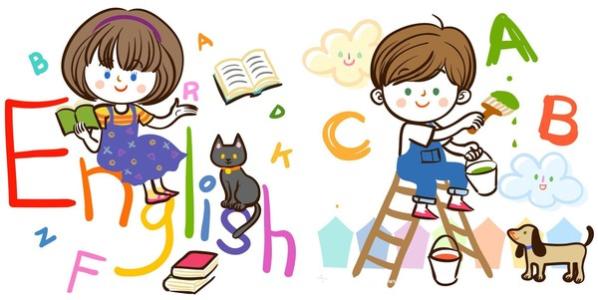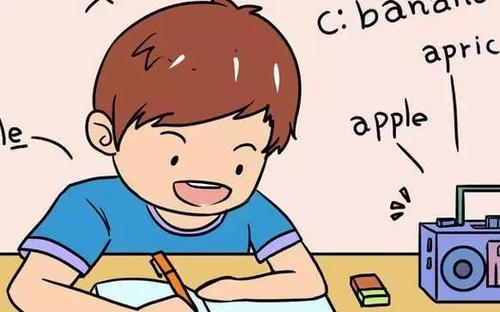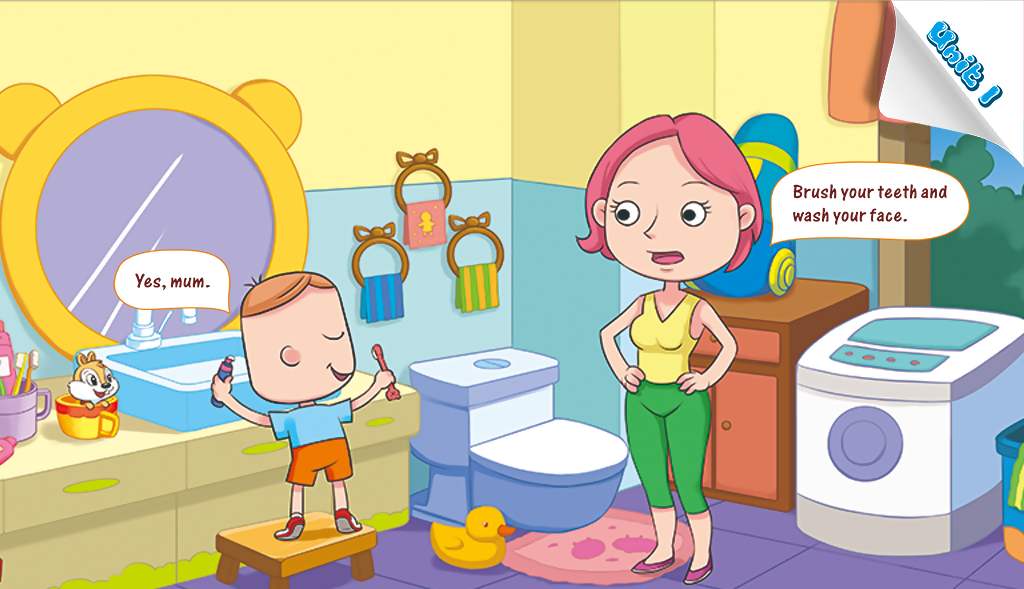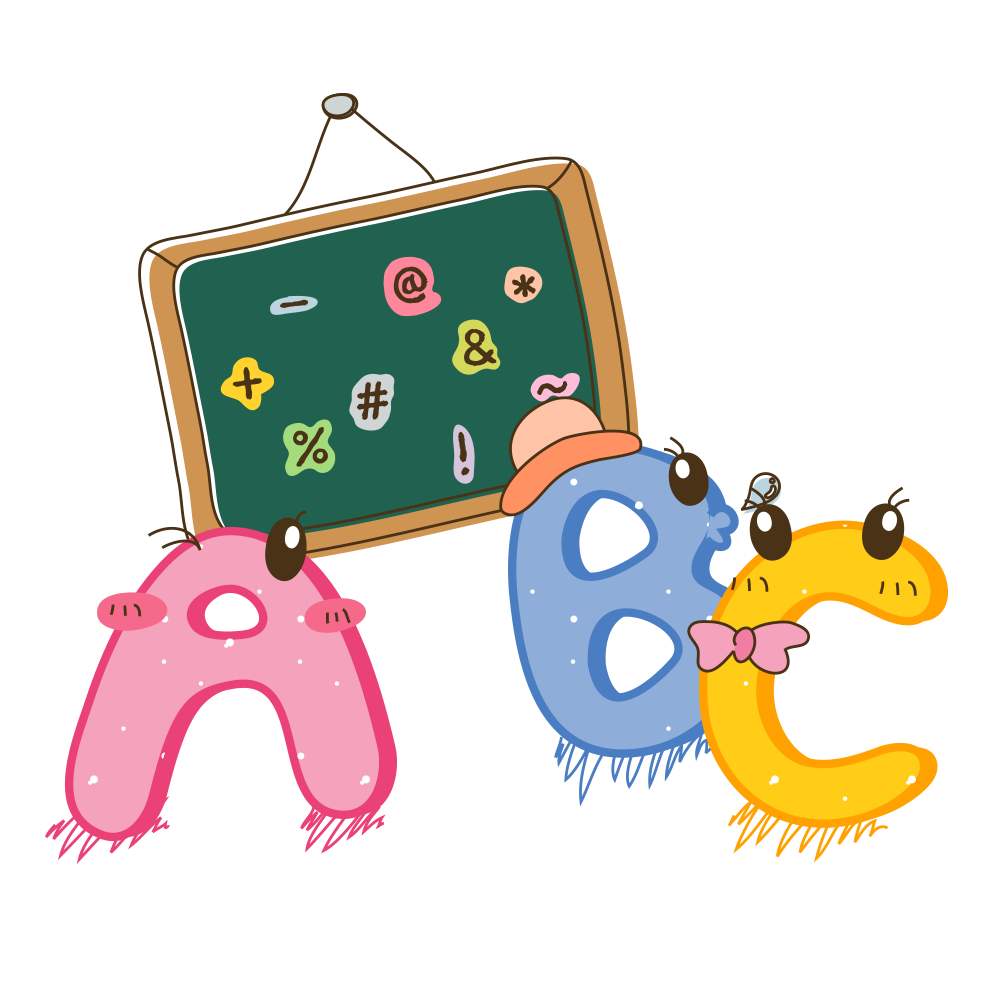情况是在不断的变化,要使自己的思想适应新的情况,就得学习。下面是课件范文网小编为您推荐初三上册英语期中复习提纲归纳三篇。

初三上册英语期中复习提纲总结1
1 (see 、hear 、notice 、find 、feel 、listen to 、 look at (感官动词)+do eg:I like watching monkeys jump
2 (比较级 and 比较级) 表示越来越怎么样
3 apiece of cake =easy 小菜一碟(容易) 4 agree with sb 赞成某人
5 all kinds of 各种各样 a kind of 一样 6 all over the world = the whole world 整个 世界
7 along with同……一道,伴随…… eg : I will go along with you我将和你一起去
the students planted trees along with their teachers 学生同老师们一起种树
8 As soon as 一怎么样就怎么样 9 as you can see 你是知道的
10 ask for ……求助 向…要…(直接接想要的东西) eg : ask you for my book
11 ask sb for sth 向某人什么
12 ask sb to do sth 询问某人某事 ask sb not to do 叫某人不要做某事
13 at the age of 在……岁时 eg:I am sixteen I am at the age of sixteen
14 at the beginning of …… ……的起初;……的开始
15 at the end of +地点/+时间 最后;尽头;末尾 eg : At the end of the day
16 at this time of year 在每年的这个时候
17 be /feel confident of sth /that clause +从句 感觉/对什么有信心,自信
eg : I am / feel confident of my spoken English I feel that I can pass the test
18 be + doing 表:1 现在进行时 2 将来时
19 be able to (+ v 原) = can (+ v 原) 能够…… eg : She is able to sing She can sing
20 be able to do sth 能够干什么 eg :she is able to sing
21 be afraid to do (of sth 恐惧,害怕…… eg : I'm afraed to go out at night I'm afraid of dog
22 be allowed to do 被允许做什么
eg: I'm allowed to watch TV 我被允许看电视 I should be allowed to watch TV 我应该被允许看电视
23 be angry with sb 生某人的气 eg : Don't be angry with me
24 be angry with(at) sb for doing sth 为什么而生某人的气
25 be as…原级…as 和什么一样 eg : She is as tall as me 她和我一样高
26 be ashamed to 27 be away from 远离 28 be away from 从……离开
29 be bad for 对什么有害 eg : Reading books in the sun is bad for your eyes 在太阳下看书对你的眼睛不好
30 be born 出生于 31 be busy doing sth 忙于做什么事 be busy with sth 忙于……
32 be careful 当心;小心 33 be different from…… 和什么不一样
34 be famous for 以…… 35 be friendly to sb 对某人友好
36 be from = come from 来自 eg :He is from Bejing He comes from Bejing Is he from Bejing ? Does he come from Bejing ?
37 be full of 装满……的 be filled with 充满 eg: the glass is full of water the glass is filled with water
38 be glad+to+do/从句 39 be going to + v(原) 将来时
40 be good at(+doing) = do well in 在某方面善长, 善于……
41 be good for 对什么有好处 eg : Reading aloud is good for your English
42 be happy to do 很高兴做某事
43 be helpful to sb 对某人有好处
eg : Reading aloud is helpful to you 大声朗读对你有好处
Exercising is helpful to your bady 锻炼对你的身体有好处
44 be in good health 身体健康
45 be in trouble 处于困难中 eg : She is in trouble They are in tronble
46 be interested in 对某方面感兴趣
47 be late for = come late to 迟到 eg: Be late for class 上课迟到
48 be like 像…… eg : I'm like my mother
49 be mad at 生某人的气
50 be made from 由……制成(制成以后看不见原材料)
初三上册英语期中复习提纲总结2
定冠词也出现在其他 11 种情况中,非同时注意不可。
⑴用在单数名词前面,以代表同类的人或物,如:
● The ox is a useful animal for farmers.
● This type of work is easier for the teacher than for the student.
但当涉及 man 和 woman 这两个名词时,一般上不必用 the :
● Man is mortal.
● Woman differs from man in many ways.
⑵用在单数名词前面来表示有关名词的抽象概念,如:
● Don't play the fool.
● Peter is fond of the bottle.
⑶用在数目字前面,如:
● Mr Li is somewhere in the 30s.
● She was not yet born in the 50s.
⑷用在测量单位前面,以表示“每”(each/per),如:
● Some factory workers are paid by the hour.
● This car usually does 15 kilometres to the litre.
⑸用在比较级形容词或副词之前,以加强其意义,如:
● The teacher explained the idea again, but his students were none the wiser.
● Your mind will function all the better if you have some time away from your work.
⑹用在“the more/better……the more/better……”结构里,如:
● The more we practise, the more we improve.
● The better the staff, the better the performance.
⑺用在乐器名称之前,如:
● The piano sounds better than the organ.
⑻用在剧院、电影院之前,如:
● Do you often go to the cinema?
● Tom went to the Lido last week.
⑼用在四个方向之前,如:
● The sun rises in the east and sets in the west.
⑽用在复数姓氏之前,以表示有关家人,如:
● The Browns will visit us tonight.
⑾用在某些惯用语之前,如:
● We know the ins and outs of the matter.
● Compare the pros and cons before you make your decision.
初三上册英语期中复习提纲总结3
Ⅰauthorise(动词)授权、批准
authorisation(名词)授权、委任
authoritative(形容词)的、命令式的
authority(名词)权力、职权、
authorities(名词)
① Dr Li has authorised David to act for him in his absence.
② The Ministry for Finance authorised the payment of annual increments.
③ One needs special authorisation to enter such a building.
④ This news came from an authoritative source, so it must be reliable.
⑤ The Commander-in-chief spoke in an authoritative tone.
⑥ As a senior officer, Jason is entitled to have authority over the clerical staff.
⑦ Who gave you authority to implement the new salary scheme?
⑧ Dr Wong is an authority on language teaching.
⑨ The authorities concerned must see to it that the same thing will not recur.
Ⅱclear(形容词)清楚的、明白的、无嫌疑的、债务已清的;
(副词)远离的
(动词)清除、解除。
clearance(名词)清除、许可(证)
(修饰语)清货
clearing (名词)林中空旷的
clearly(副词)清楚地
① The speaker's voice is clear enough to be heard.
② Can you make your last point clearer?
③ The suspect was clear of suspicion.
④ The gambler hopes to be clear of debts soon.
⑤ Unauthorised persons are advised to keep clear of the premises.
⑥ The police have cleared the road of obstruction.
⑦ If there exists misunderstanding among friends, please clear it up.
⑧ Have you seen any slum clearance?
⑨ The plane must get clearance for take-off.
⑩ Before Christmas, shopping centres have the habit of holding annual clearance sales.
11. The picnickers pitched their camp in the clearing.
12. Speak clearly or the audience at the back may not be able to hear you.



